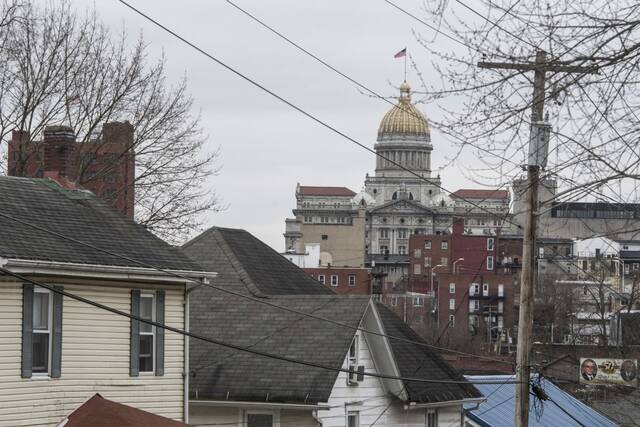https://mirror.triblive.com/opinion/editorial-westmoreland-serves-its-residents-with-open-meetings-compliance/
Editorial: Westmoreland serves its residents with Open Meetings compliance

A lot of attention is given to the availability of public information through open records.
Government has to be open to scrutiny to be fair and accountable. Open records are one of the best examples of that. Government agencies are built on paper trails that show relationships, agreements, obligations and responsibilities. They show where the money goes and where it came from, what the rules are and whether they were followed.
There are problems with open records, though. The process of chasing things down under Right to Know Law or Freedom of Information Act requests isn’t always easy, and government doesn’t have to be hiding things because people don’t always know what they should ask to see. The size and compartmentalization of it can mean that even if you know what you want to find, it can be hard to know where to find it.
But there is another kind of transparency that is just as important and easier to achieve: open access to the meetings where the decisions are made.
Pennsylvania’s Open Meetings Law — also known as the Sunshine Act — spells out how the official gatherings of leadership should be conducted in the public eye. On Aug. 29, an addition to the law went into effect. It requires that if a body is holding a debate or vote on an item, the agenda for that meeting must be available at least a day in advance.
Westmoreland County will be complying, with agendas posted rather than distributed at the last minute due to changes. It is important that the county is doing this. But it’s just as important that people hold all municipalities, school boards and other public agencies subject to the Sunshine Act likewise accountable.
The law has provisions for emergency exceptions, but too often, those exceptions become defaults. A board will meet without advertising as required and then simply announce what was discussed at a legal meeting as though that cures the problem. It doesn’t.
The same could easily happen with the agenda requirements, and that cannot be allowed. It is the people’s right to not just know what is on the table but to be part of the discussion. A publicly available agenda makes that possible. It allows protest or support of something before a vote rather than after when it can be harder to undo.
The real problem with both open records and open meetings is people don’t know what they don’t know. With open records, it is a scavenger hunt for things that might not be hidden but aren’t readily available. With open meetings, however, failure to follow the rules is an act of camouflaging what the government does, and that can only be fixed by the people holding their leaders accountable.
Copyright ©2026— Trib Total Media, LLC (TribLIVE.com)
